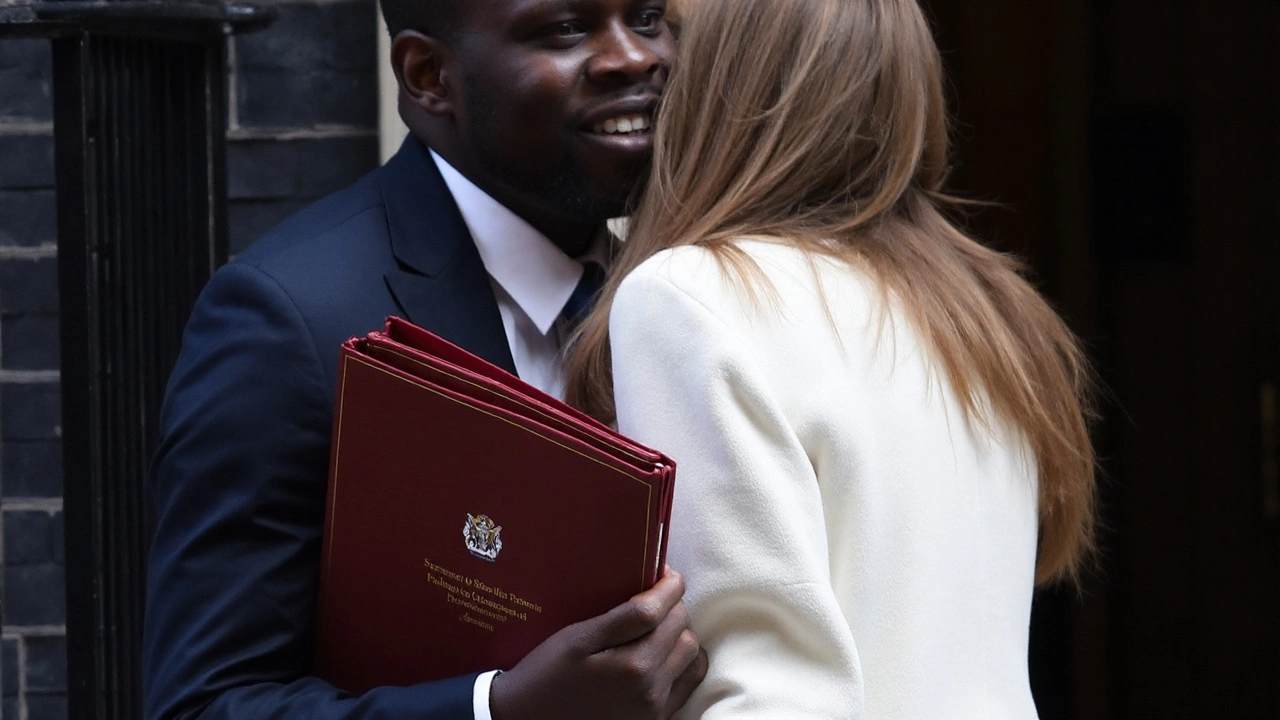What a Deputy Prime Minister Actually Does
People hear the title Deputy Prime Minister and think it’s just a fancy name. In reality, the role is a real job that supports the Prime Minister and helps keep the government running smoothly. The Deputy steps in when the Prime Minister is unavailable, chairs meetings, and often leads specific policy areas. It isn’t a permanent role – the Prime Minister decides when to appoint one.
Key Responsibilities
The main tasks are simple: back up the Prime Minister, represent the government in Parliament, and manage large projects. When the Prime Minister is abroad or sick, the Deputy can speak for the government at press conferences. They also take charge of cross‑departmental initiatives, like a new climate plan or a national infrastructure program. This gives the cabinet a clear point person for big, complicated issues.
Another daily duty is helping coordinate the work of other ministers. The Deputy often chairs the Cabinet Committee, making sure decisions are shared and that ministries aren’t working at cross‑purposes. By keeping the team aligned, the government can act faster and avoid mixed messages.
How the Role Impacts Everyday Life
Even if you don’t follow politics, the Deputy Prime Minister’s work can affect you. When they lead a national transport plan, you might see new bike lanes or better train schedules. If they oversee a health initiative, it could mean faster appointment times or new community clinics. Their visibility also means they can answer media questions, giving the public a clearer picture of what the government is doing.
Because the Deputy often speaks on behalf of the Prime Minister, they shape the public’s perception of the government’s priorities. A confident Deputy can calm a crisis, while a vague response can create uncertainty. That’s why the choice of who holds the job matters a lot to voters and insiders alike.
The role also acts as a stepping stone. Many past Deputy Prime Ministers have gone on to become Prime Minister themselves. The experience of running Cabinet meetings and handling high‑profile issues prepares them for the top job. This makes the position a key part of the political pipeline.
In short, the Deputy Prime Minister isn’t just a backup. They manage projects, keep the Cabinet together, and often become the face of the government on big issues. Understanding their duties helps you see why the title shows up in news and why it matters for the country’s direction.

David Lammy Becomes UK Deputy PM and Justice Secretary as Angela Rayner Quits
David Lammy has been appointed Deputy Prime Minister, Justice Secretary, and Lord Chancellor after Angela Rayner resigned. The move, part of a wider Labour reshuffle, shifts Lammy from Foreign Secretary to a powerful domestic brief. A long-time MP for Tottenham and former minister, he steps into a role with big constitutional and operational demands amid party turbulence.
View More



